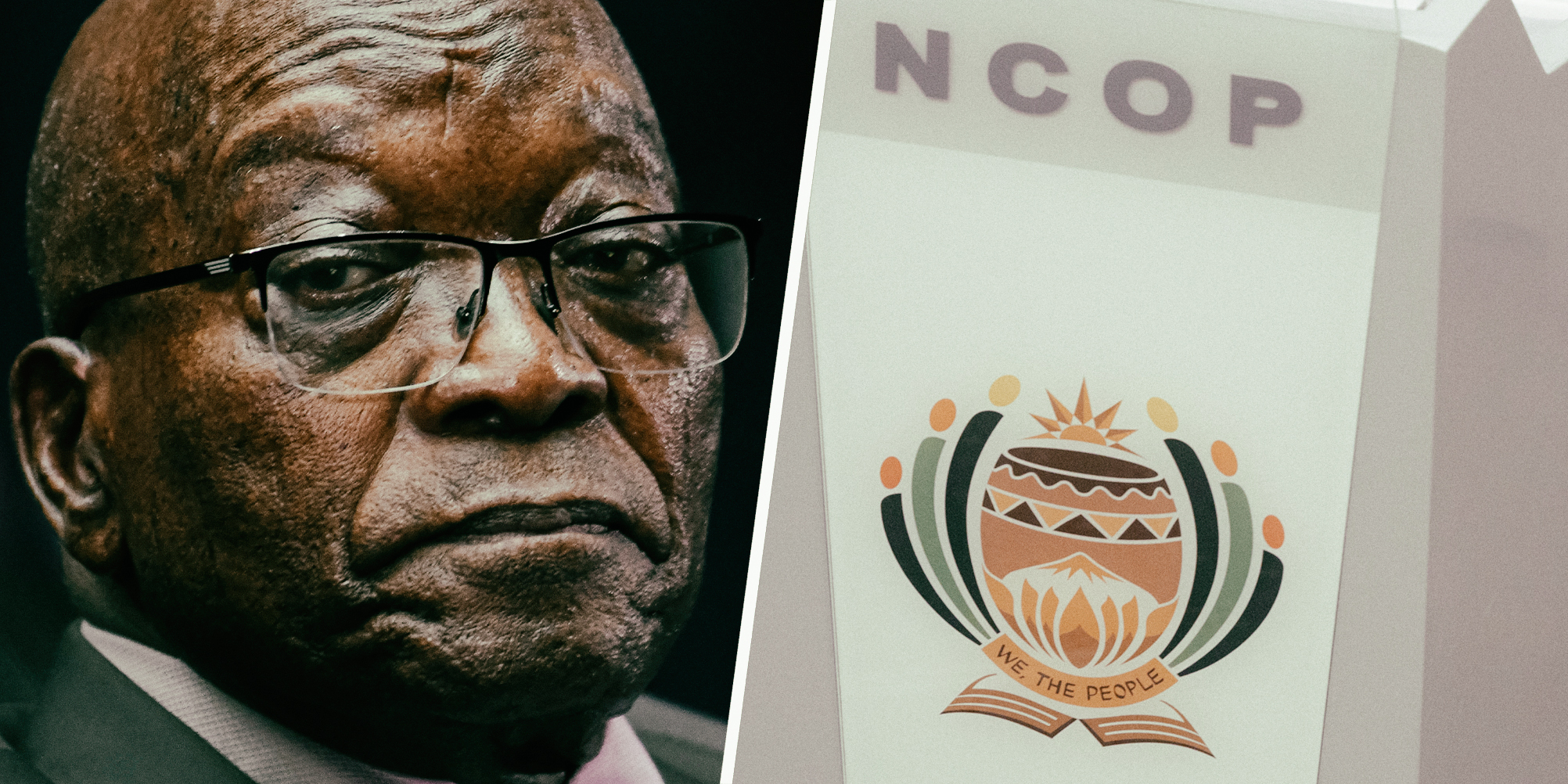It’s a twist of political irony that Jacob Zuma, in 2023, as a citizen, criticises the track record of the ANC government he headed as president for nine years in the Parliament he deigned to attend only when compulsory, like question slots and State of the Nation Addresses.
“My intervention is very, very relevant and it must be looked at, so we have peace... Let us find a better way of correcting this so there will be no complaining of citizens,” Zuma told Wednesday’s National Council of Provinces (NCOP) delegates public hearings on the Expropriation Bill.
“That’s why some of us who have been saying let us correct the incorrect ways of running South Africa, we have the right to raise issues…”
Back in 2016, then-president Jacob Zuma repeated his call to traditional leaders to hire lawyers and submit land claims at the opening of the National House of Traditional Leaders. And he pushed for extending back the 1913 Natives Land Act constitutional cut-off for land claims because that was tantamount to “fiddling about with a small percentage” of land up for restitution claims.
“As the son of a black man, being on my own, we need to shift that cut-off date… But you need to find a reasonable way of addressing the issue within the Constitution, within the law. Look at the facts,” he said then.
Read more in Dail Maverick: Parliament: Zuma seeks to move the goalposts on land reform
On Wednesday that was the same message now from no-longer-number-one-citizen Jacob Zuma representing the Jacob Zuma Foundation via Zoom with a thatched roof background.
“The arrival of Jan Van Riebeeck, it is then that the issue of the land began to become a problem. The first war started in the Cape (over) the land...
“Why do we avoid dealing with these matters? If as a country we want peace and fairness, we have to say what happened during the very first war, eight years after the arrival of Jan van Riebeeck. Why should this not be dealt with?”
This Expropriation Bill, passed by the National Assembly at the end of September 2022, allows expropriation for public purpose and public interest, and thus can facilitate land reform and restitution. It allows for compensationless expropriation in defined instances, including where land is held for speculation or is abandoned.
The Expropriation Bill — this is the third attempt to replace the apartheid law still on the statute books — was passed after the much debated, politically heated and often emotional constitutional amendment to make express the possibility of compensationless expropriation was defeated in December 2021.
As president, Zuma loathed the parliamentary question sessions in the House, often giggling, sometimes taking a turn to mocking including on the pronunciation of Nkandla, his homestead, or talking ‘meandos’.
As no-longer-number-one-citizen, Zuma took to answering NCOP delegates’ questions, pushing his line linking land, peace and poverty relief.
Unnecessary seemed the intervention from one-time Jacob Zuma Foundation spokesperson Mzwanele Manyi, now EFF MP, with his appeal for Zuma being by himself at the other end of the Zoom link, to be allowed to take one question at a time.
DA NCOP lawmaker Tim Brauteseth told Zuma this legislation wasn’t reopening the backdoor to expropriation without compensation and asked, “How do you reconcile your demand to remove all land from all legal owners since 1652, given the impact (on investors)?”
ANC Ncop parliamentarian Mandla Rayi perhaps was more delicate on the same issue, having highlighted the 1913 constitutionally enshrined cut-off date.
Zuma’s response — aside from a history lecture on the eight major wars caused by land following Van Riebeeck's 1652 landing?
“You can’t sit with poverty-stricken people in the land, which belongs to them, and we don’t address this... As Parliament, you have a duty to address these issues.”
Parliament did, even if land activists, critics and academics point to long outstanding further legislation on tenure security, communal land rights and more. The December 2021 parliamentary defeat of the constitutional amendment — amid heated political contestation, also within the governing ANC — and this expropriation legislation passing the National Assembly a year ago marked this in South Africa’s constitutional democracy.
It’s no little political irony that Zuma now as president turned ordinary citizen is moving to reopen the so-called radical economic transformation chapter that’s been democratically closed. DM
Politics
Back to the future — ex-president Jacob Zuma preaches land rights at Expropriation Bill hearings





